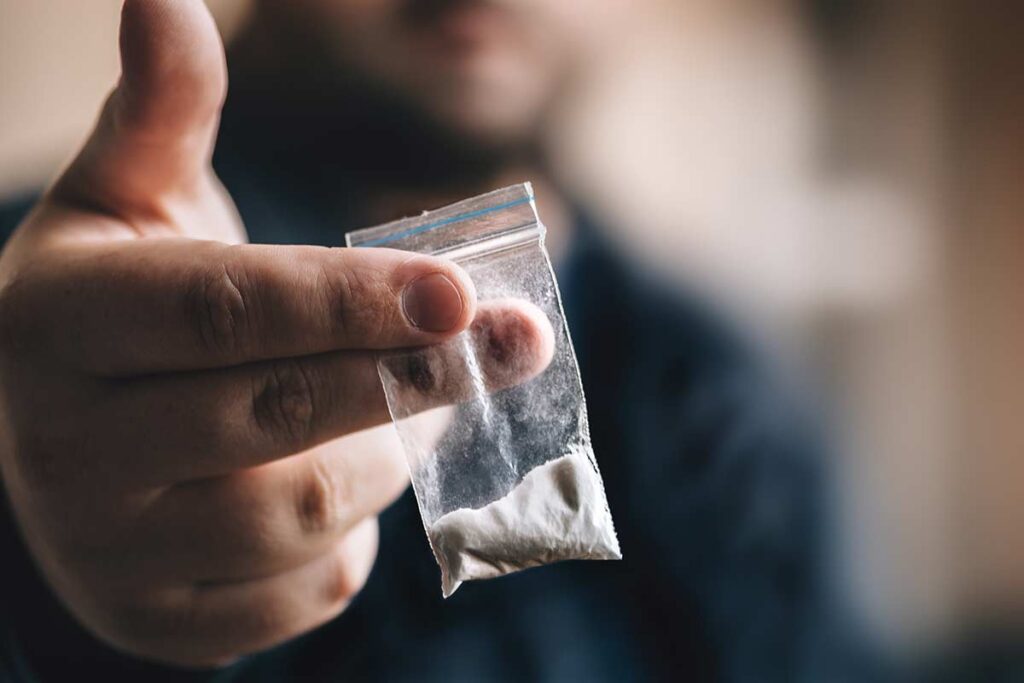People may think of cocaine as a recreational drug that a person can easily overcome. However, in reality, you can end up getting addicted to cocaine and find yourself unable to stop using. If you believe you have developed an addiction to the substance, you may want to check yourself into a rehab facility. Red Oak Recovery® in Asheville, North Carolina offers services that provide you with the tools to overcome your substance use issues. Whether you’re from McClean, Virginia, or Asheville, North Carolina, our team can help. Call Red Oak Recovery® today at 866.457.7590 to learn more about our services.
What Is Cocaine?
Cocaine comes from the leaves of the coca plant found in South America. Natives in that area started chewing on the leaves because of the effects they experienced. Once people figured out how to extract the coca plant’s principal chemical, people began putting it into tonics and other elixirs. You could even find cocaine in popular soft drinks before it became an illegal substance.
As time passed, the addictive properties of cocaine led to the FDA labeling it as an illegal substance, making it available only for specific medical uses. That didn’t stop the proliferation of the drug throughout the U.S. People usually take it as a recreational drug. Over time, they can end up with a dependency that requires treatment at an addiction treatment center, such as Red Oak Recovery®.
How Do You Develop a Cocaine Addiction?
Most people get introduced to cocaine through a friend or a casual acquaintance. They may see their friends using coke at a party and believe that there’s no harm in trying. Cocaine is often taken by snorting or injecting the drug in a powdered form. Some also smoke a crystallized form of cocaine called crack.
Some of the side effects of using cocaine include:
- Feelings of extreme happiness or euphoria
- Irritability
- Having lots of energy
- Feeling mentally alert
- Finding yourself becoming sensitive to sights, sounds, and textures
- Paranoia
Cocaine contributes to the release of chemicals in your brain called dopamine. They affect how you experience pleasure and pain. The excessive amounts of dopamine rushing to your brain are what causes the “highs” that people experience when using coke.
The brain forms a dependency on those surges of dopamine. That causes you to build up a tolerance, which keeps you from experiencing the same highs. People typically start using larger amounts of cocaine to try and replicate their previous experience.
What Are the Signs of Cocaine Addiction?
As your body begins to depend on cocaine use, you start having constant cravings for the drug. You feel as though you can’t function without getting more of the substance. Those cravings can start consuming every aspect of your life.
Signs that you may have developed a cocaine addiction:
- Going through withdrawal when you stop taking cocaine
- Heightened agitation
- Anxiety
- Anger
- Losing the ability to feel pleasure
- Increased appetite
- Sluggishness
- Inability to focus
- Thoughts of self-harm or suicide
Long-term cocaine abuse can lead to physical issues like constant nosebleeds, respiratory problems, and an increased risk of contracting a blood disease through a needle. If it seems like you’ve lost control of your life to your cocaine addiction, you may benefit from getting treatment at Red Oak Recovery®.
How Do You Treat a Cocaine Addiction?
Putting yourself in the care of addiction specialists can help you in your goal of overcoming your cocaine addiction. Many people with a cocaine dependency can benefit from various types of counseling that help their brain relearn how to function without cocaine. Red Oak Recovery® also teaches clients coping skills that help them deal with triggers that might cause them to relapse.
Individuals dealing with other substance use disorders may benefit also benefit from our programs and services, including:
Learn more about Red Oak Recovery® by contacting us at 866.457.7590.









